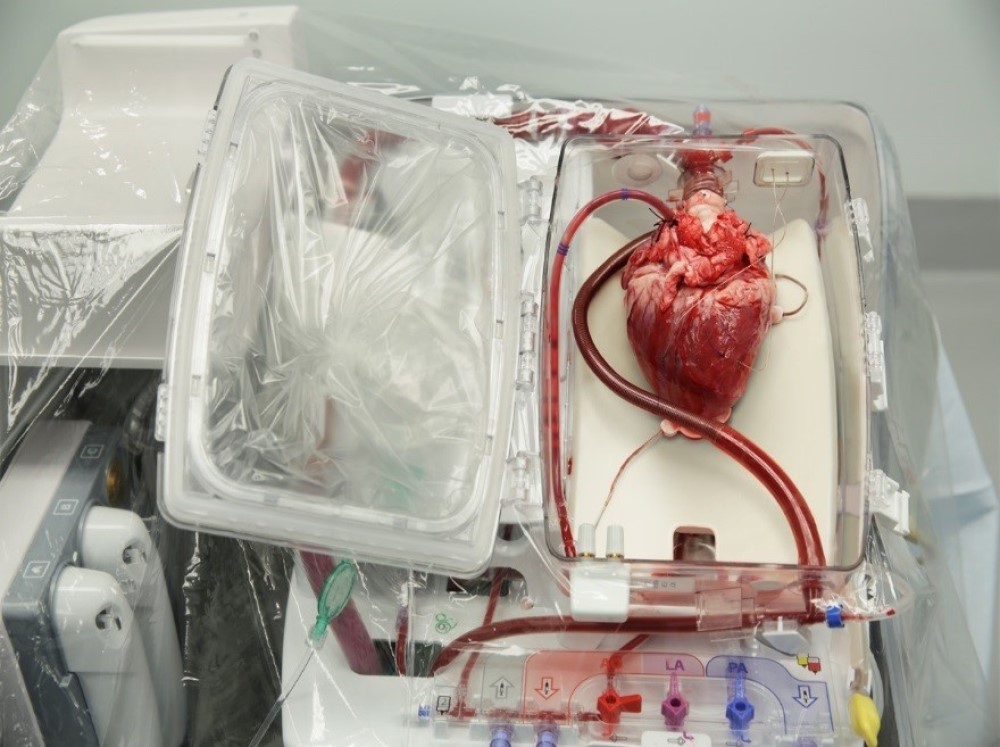
Aspirin can help prevent a second heart attack, but most don’t take it
On Aug. 22, 2023, a study led by researchers at Washington University School of Medicine in St. Louis and the University of Michigan reported that despite aspirin’s low cost and its clear benefits for people who have experienced a heart attack or stroke, fewer than half of people worldwide who have had a heart attack or stroke take the medication.
Despite the benefits of aspirin, the study showed that in low-income countries, only 16.6% of eligible individuals — those who had experienced a first heart attack or stroke — were taking aspirin to prevent a second heart attack or stroke. In lower-middle-income countries this number was 24.5%. It increased to 51.1% for upper-middle-income countries, and to 65% in high-income countries, including the United States.
Cardiovascular disease, including heart attack and stroke, is the leading cause of death globally. Multiple studies conducted in the 1970s and 1980s established that antiplatelet therapy — including aspirin — can reduce the risk of a second cardiovascular event, such as a second heart attack or stroke, by about one-quarter. Since then, daily aspirin has been recommended for this purpose. Daily aspirin therapy is also generally affordable. In the U.S., a monthly supply of baby aspirin (81 milligrams per dose) can cost from $2 to $8, depending on the retailer and the amount purchased.
The study appeared in JAMA.
Tags:
Source: Washington University School of Medicine in St. Louis
Credit:
